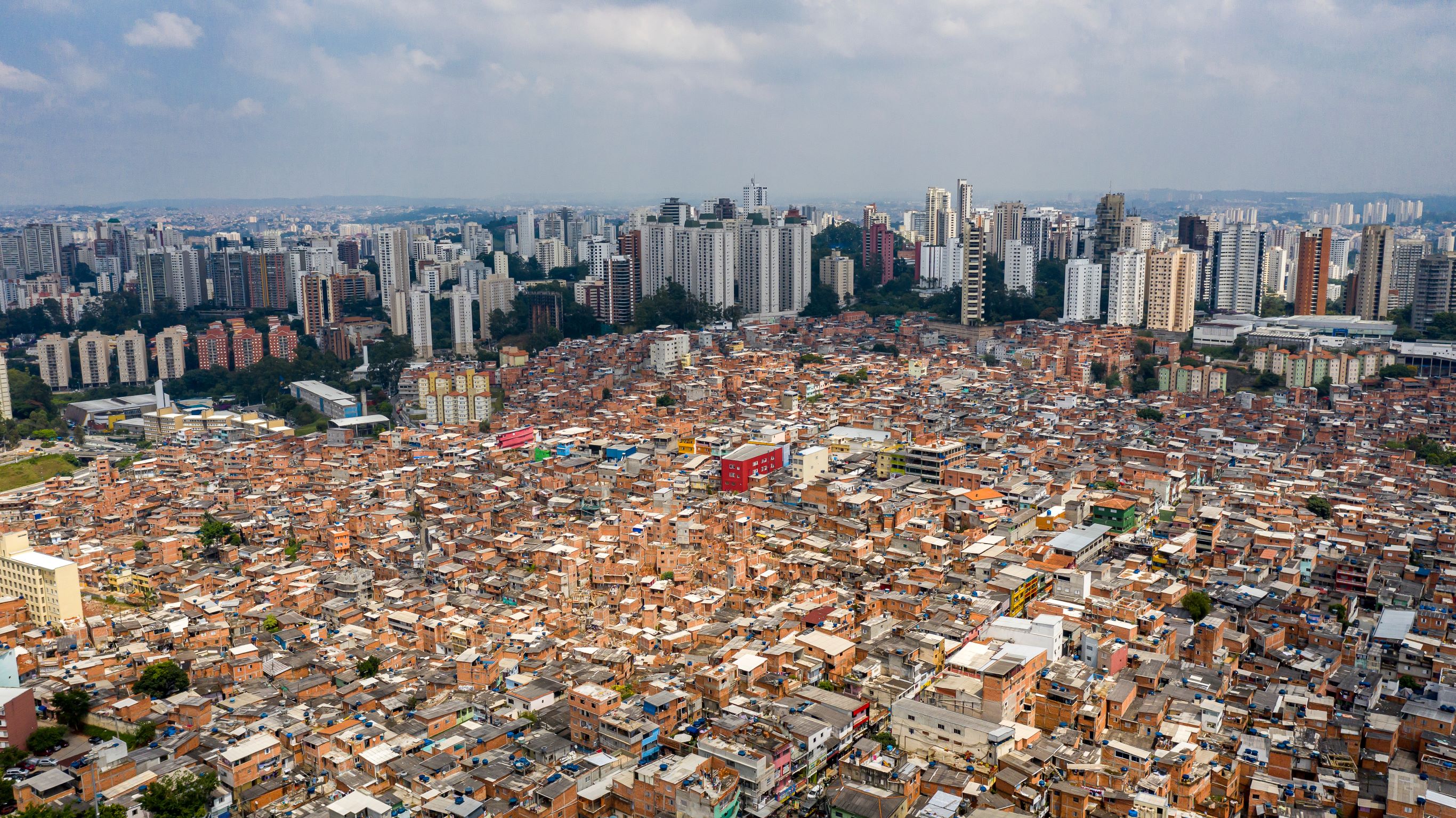Progress on the 2030 Agenda Will be Decided in Cities
Work area(s)
Progress on the 2030 Agenda Will be Decided in Cities Latin America and the Caribbean is the world's most urbanized developing region. The United Nations Secretary-General, António Guterres, has said that "cities are where the climate battle will be won or lost". Cities are the engines of economic growth, but they are also the largest emitters of greenhouse gases, and their growth is occurring amid great inequalities in our societies.

Urban Challenges in the Region
Progress towards the fulfilment of the 2030 Agenda inevitably involves addressing the threefold —social, economic and environmental— urban deficit. Cities thrive on economies of agglomeration (a concept that refers to the benefits that businesses gain by being in close proximity to one another) and the increasingly important digital and service economy, and they are vital to national and regional productivity. But they are also suffering the effects of recession, post-pandemic adjustments and deindustrialization processes.
Urban centres are also a focus of growing social unrest and deepening inequalities, with a worrisome rise in poverty that currently affects 3 of every 10 inhabitants. The pattern of urban growth also represents an enormous socio-environmental challenge. Urban footprints are expanding faster than the actual needs of the population, making it impossible to ensure spatially integrated social housing and to leverage the rise in the value of urban land to finance cities' needs, while entrenching the pattern of long-distance travel in individual private vehicles. An example of this is the worrisome rising rate of motorization in the region, which is associated with loss of users and of quality in public transportation, in a trend which has adverse social, environmental and economic impacts.
The goals of the Paris Agreement require structural changes in the development pattern and the decarbonization of urban activities. Without these changes, growth in the region will be limited to 1.2% per year. It is urgent to espouse a new paradigm based on the transformation of urban dynamics and their productive bases. Urban centres offer an opportunity: initially, the required trend shift could benefit 30% of the urban population in 54 cities that have over 1 million inhabitants.
ECLAC Proposals and Recommendations
Transformative recovery means a shift in the way that cities produce, grow, move and are planned and managed. It is necessary to change the urban development pattern and view our cities as a source of social and environmental opportunities and spheres for the realization of rights; as living entities that contribute to the fight against climate change.
ECLAC works along these lines, supporting the diagnoses and decisions of national and local governments on matters such as inclusive urban development, mobility, climate change adaptation and mitigation, and locally based urban financing measures. To this end, it offers governments its experience and skills with statistical data, its knowledge-generation capacity and its analytical tools, which are publicly available resources on the Urban and Cities Platform of Latin America and the Caribbean. It contributes to experience-sharing and provides specific support through technical assistance missions, always from a regional perspective. The Commission's position as joint technical secretary of MINURVI, a forum of the region's most senior housing and urban planning authorities, facilitates this task. Thus, ECLAC fosters transformative recovery by promoting informed and evidence-based public policy decisions and implementation experiences.
The CISI programme —Inclusive, sustainable and smart cities in the framework of the 2030 Agenda for Sustainable Development in Latin America and the Caribbean— supported by the German cooperation agency, supports the generation of knowledge on the productive, environmental and social development opportunities offered by the transition to sustainable mobility. CISI offers the cities of Buenos Aires, São Paulo, Bogotá and Mexico City proposals for the coordination of public policy, regulation, investment and financing strategies to leverage the various co-benefits, including in the industrial sphere, of the growing focus on sustainable mobility and the technological shift to electromobility. Through technical assistance, among other means, the programme provides a comprehensive understanding of mobility and its nature as a social policy, and the urgency of a joined- up approach to mobility together with urban planning and financing opportunities, financial sustainability, changes in technology, the circular economy and energy planning.
Sustainable Development and the New Urban Agenda
ECLAC also supports the understanding of land as a strategic asset for urban development, housing policies and economic resilience. The governments of Ecuador, Cuba and Costa Rica have received support in the formulation of public land management policies and the implementation of related financing instruments. This is connected with integrated or non-segregated social housing supply policies, especially in inner cities, and the opportunities of this value chain for the economy. Lima, Santo Domingo and Guayaquil received support to formulate economic reactivation and urban resilience schemes in the context of the COVID-19 pandemic.
Finally, ECLAC has been engaged in the planning and prioritization of climate action at the local level, an urgent but pending task in much of the region. In partnership with the Global Covenant of Mayors for Climate and Energy (GCoM), tools were developed to accelerate the implementation of climate action plans in cities, based on the cases of Santo Domingo, Guatemala City, Belmopán, Port-au-Prince and San Salvador.
Cities are key to the fulfilment of the New Urban Agenda and sustainable development opportunities, and ECLAC contributes accordingly to making this transformative recovery a reality.